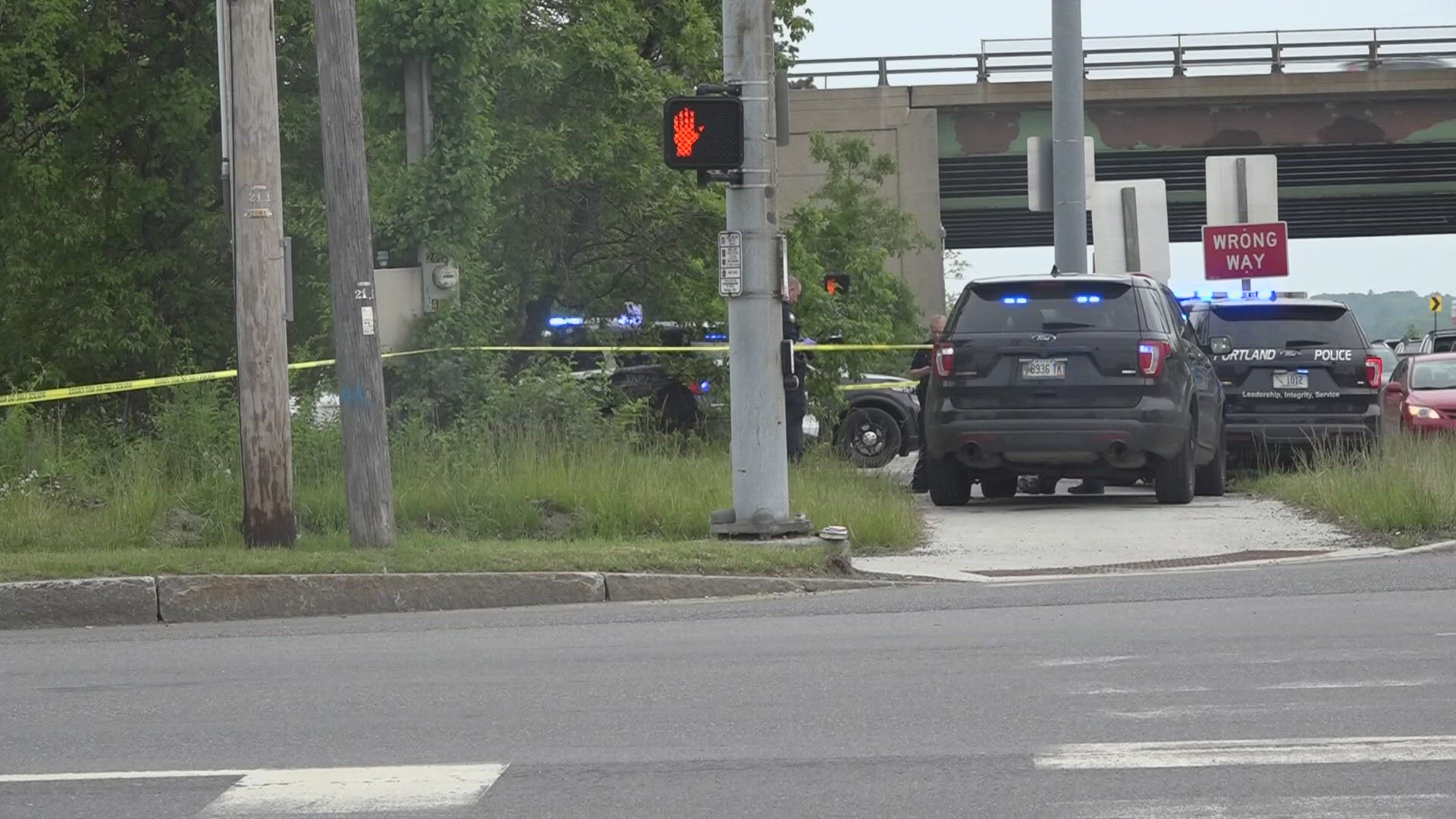PORTLAND, Maine — The City of Portland announced Friday it has been awarded a $4 million grant from the U.S. Centers for Disease Control and Prevention to help prevent overdoses.
Portland was selected for the grant under the U.S. CDC's Overdose Data to Action program. The CDC awarded $279 million to 49 states, the District of Columbia, and 40 local health departments to help stop overdoses within their communities, including the city of Portland and Maine's Department of Health and Human Services.
Portland will receive $823,799 per year over five years. Maine DHHS will receive $2,920,497 over that same span, a total of nearly $15 million.
The resources come from two new Overdose Data to Action (OD2A) funding opportunities and fill a longstanding gap in funding for local communities by specifically supporting city, county, and territorial health departments.
In August 2023, CDC awarded new five-year cooperative agreements to 90 jurisdictions under two distinct OD2A programs, one designed for states, and one designed specifically for localities and territories.
CDC created OD2A in States and OD2A: LOCAL to:
- Address the evolving epidemiology of the drug overdose crisis.
- Close identified gaps in prevention activities.
- Apply lessons learned from the previous OD2A funding opportunity.
- Reflect the differing roles and spheres of influence state and local health departments and their partners have.
The grant will allow Portland to be able to respond more effectively, quickly, and equitably to the needs of residents while using data to drive its actions and reduce overdose harms and deaths, officials said.
Alfredo Vergara, director of Portland Public Health, said 10 to 20 people overdose in the city each day, many of whom die.
"The opioid epidemic is not something that we're going to solve overnight. We're not going to solve it in a year or two. And also it's costly. It's expensive," Vergara said. "This allows us both on the economic front to invest more money into trying to resolve these issues, but it also gives us more time to work with the populations to get them to a place where they might be able to accept treatment."
Vergara said the city will the use money to hire staff and buy supplies for harm reduction and prevention. He said that includes patient navigators, community health prevention specialists, and a coordinator. He also said they will hire more staff to do outreach in the community and homeless encampments.
He said using this money in conjunction with opioid settlement funds will help city staff improve relationships with health care providers in the community.
Vergara said another chunk of the money will go towards data collection through a partnership with the Substance Use Research and Evaluation Program at the University of Southern Maine’s Cutler Institute. The Cutler Institute supports communities and partner organizations by helping translate knowledge and best practices into sustainable solutions that address society’s changing needs and focus on improving outcomes.
Vergara said they will collect data on which interventions lead to the best and most sustainable outcomes for patients.
"The CDC’s OD2A program plays a vital role in advancing the nation’s response to the opioid epidemic. OD2A supports funded jurisdictions to implement prevention activities and to collect accurate, comprehensive, and timely data on nonfatal and fatal overdoses. This data is used to enhance programs and surveillance efforts," the release stated.
“The growing overdose crisis ― particularly among young people ― requires urgent action,” said Mandy K. Cohen, MD, MPH, Director for the Centers for Disease Control and Prevention. “To help, CDC is providing funding that will allow communities to respond more quickly, more effectively, and more equitably — using data to drive action steps that reduce overdose deaths and related harms in communities as fast as possible.”
New information published today in CDC’s "Morbidity and Mortality Weekly Report (MMWR), Drug Overdose Deaths with Evidence of Counterfeit Pill Use" — United States, July 2019–December 2021, indicates an increasing percentage of overdose deaths involved counterfeit pill use. These pills are especially dangerous because they typically appear as pharmaceutical pills but often contain illegally made fentanyl and illegal benzodiazepines (such as bromazolam, etizolam, and flualprazolam) or other drugs, with or without people’s knowledge.
Dr. Cohen announced the OD2A funding awards at an event held at the White House to highlight the Biden/Harris Administration investments to prevent overdose on International Overdose Awareness Day.
For more information, click here.

